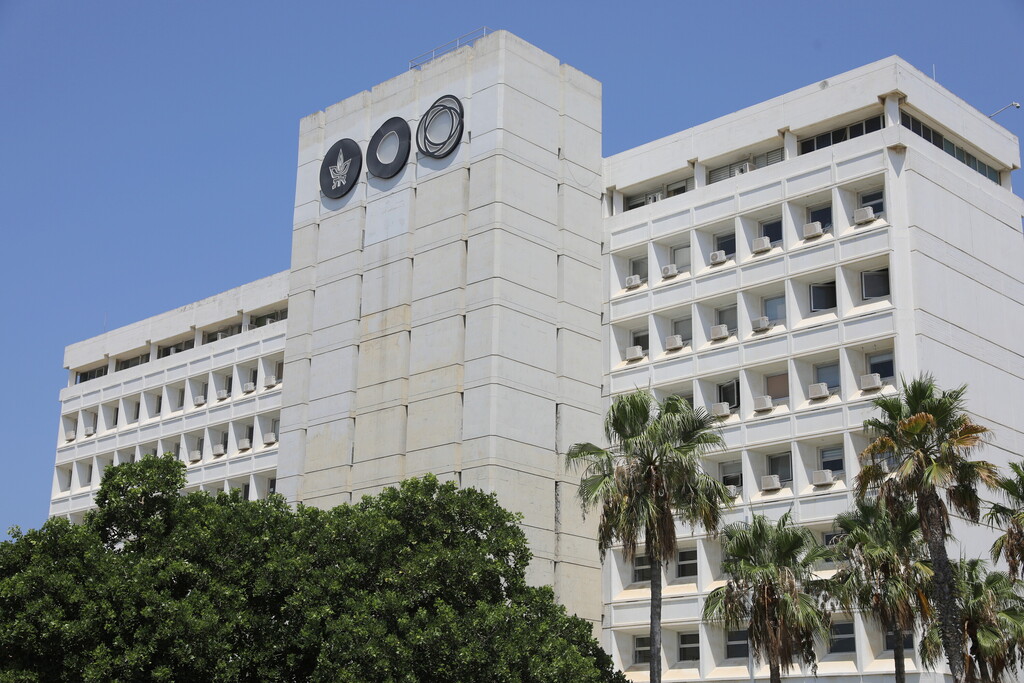Getting your Trinity Audio player ready...
Tel Aviv University (TAU) announced a major breakthrough Sunday in understanding and treating one of the most aggressive forms of brain cancer — Glioblastoma.
"Glioblastoma is the deadliest type of cancer in the central nervous system, accounting for most malignant brain tumors," said Prof. Ronit Satchi-Fainaro, Director of the Cancer Biology Research Center and the Head of the Cancer Research and Nanomedicine Laboratory at Tel Aviv University's Sackler Faculty of Medicine.
"It is aggressive, invasive, and fast-growing, making it resistant to existing treatments, with patients dying within a year of the cancer's onset. Moreover, Glioblastoma is defined as a 'cold tumor', which means that it does not respond to immunotherapeutic attempts to activate the immune system against it," she added.
Initially, the researchers identified an unusual failure in the brain's immune system, which not only did not inhibit the cancer, it actually amplified the cell division and spread of Glioblastoma cancer cells. This is due to the presence of a protein - P-Selectin (SELP).
Researchers were able to inhibit the secretion of the SELP protein, thereby neutralizing the failure in the immune system, restoring its normal activity, and blocking the spread of this incurable cancer.
The Tel Aviv Unversity team collaborated with neurosurgeons from the Tel Aviv Sourasky Medical Center (Ichilov) who supplied Glioblastoma tissue samples removed during surgery and also with neurosurgeons from Johns Hopkins University (Baltimore, Maryland) and the Lieber Institute in the U.S.A, who supplied healthy brain tissues from autopsies.
Satchi-Fainaro emphasized that the new study may have lifesaving therapeutic implications. She hoped that the fact that the treatment inhibiting SELP has been proven safe in humans, will pave the way for relatively rapid approval of a clinical trial repurposing the new treatment for Glioblastoma.
"Unfortunately, Glioblastoma patients need new treatments immediately. Our treatment may be the needed breakthrough in the battle against the most daunting cancer of all," she said according to a TAU statement.



